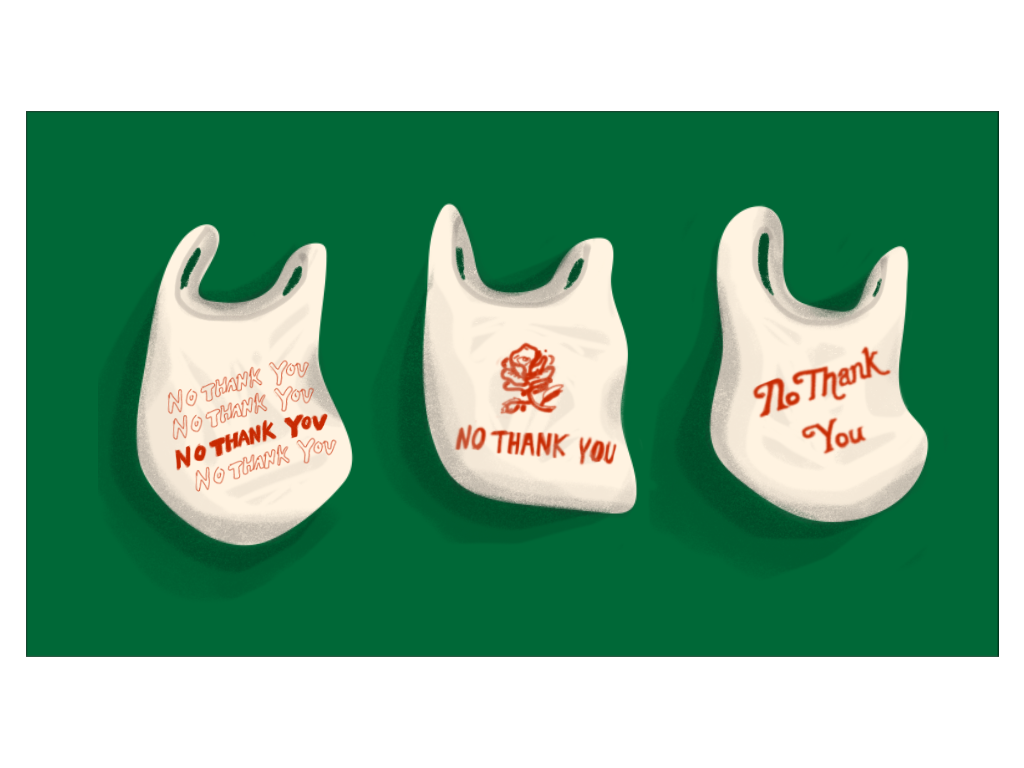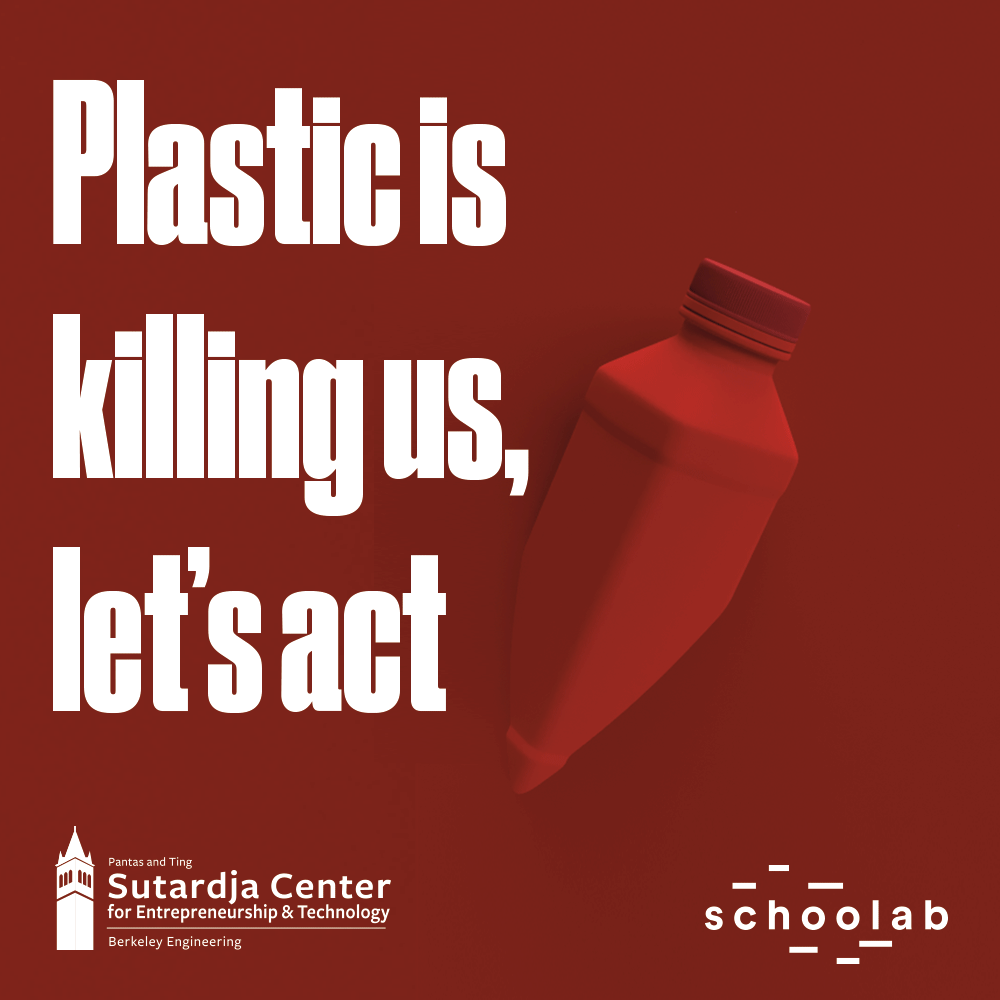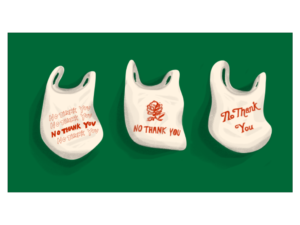
Interested in creatively solving the problems of an overly plastic planet? A one to two unit experiential seminar titled “Deplastify the Planet” will be available this fall semester for innovative students to work with companies hoping to solve the issue of plastic waste.
Deplastify the Planet, which will be held on Wednesday afternoons in downtown San Francisco, blossomed out of a partnership with Schoolab, an organization that creates multidisciplinary student programs for students to work on real issues facing companies today. SCET, in partnership with Schoolab, hopes to inspire innovative solutions to real problems posed by corporate partners seeking to reduce or remove plastics from their products and supply chains.
The idea sparked from the striking realization that plastics are polluting the environment, both in the Bay Area and globally. Mathieu Aguesse, CEO of Schoolab San Francisco, said he thought of the idea after speaking with world-class sailor Tanguy Delamotte about his race from San Francisco to Hawaii where he has sailed through the “seventh continent of plastic.”
“Delamotte helped us realize the challenge that we are facing regarding a constantly growing plastic consumption combined with a deficient recycling process,” added Aguesse. “We live in a fast moving world where technology has allowed amazing improvements in our daily lives. Still, we need to be really mindful about the impact of such innovations on our planet and especially for the upcoming generations.”
Deplastify the Planet seeks to tackle the frightening plastics situation through ethical innovation, corporate learning, and sustainable design. The students will learn through experiential learning and mentorship from experts and advisors.

The course will leverage student’s “out of the box thinking” to create a big impact in reducing plastic production and use. Throughout the semester, there will be strong collaboration between students and companies.
“We’re not reducing the progress and going against technology, but we want to help make corporations more eco-friendly to reduce the impact of plastic,” said Aguesse. “The best way to solve these problems is by working with the companies who can make a change.”
The course organizers hope to form diverse teams of people who are interested in design and design thinking. Any upper division or masters student interested in ethical innovation and design is encouraged to apply. The teams will be diverse and include perspectives from various disciplines. Business thinkers, engineers, and social science students would find this course engaging and beneficial. The class will count towards the Sutardja Certificate in Technology and Entrepreneurship.
“We believe the problem should be tackled with a holistic approach understanding the various effects of plastic production and waste but also how brutally stopping plastic production could have a disastrous impact on environmental, economic, social and political standpoints,” Aguesse added.
Those hoping to get valuable experience with ethical innovation should consider applying. Because ultimately, “we’re not going to recycle our way out of this problem,” according to David Law, SCET director of global academic and startup programs.
Interested students should submit a statement of interest and resume (max 2 pages in a single pdf file) to dlaw@berkeley.edu on or before August 28, 2019. You can view further course details here.

